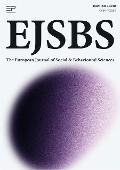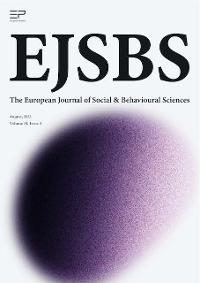Abstract
This paper presents the results of an investigation of the perceived causes of illnesses among the Maasai people and health care providers in Kajiado County, Kenya. Little or no research has been conducted on the perceived causes of illnesses among the Maasai and health care providers creating a gap that demands specific studies to be undertaken to fill it. This study draws from the personalistic and naturalistic theories of illness causation. A qualitative research design was used because the study focused on uncovering experiences and gaining insights from informants regarding their perceptions towards causes of illnesses. A purposive sampling technique was used to select one-on-one interviewees and Focus Group Discussions (FGD) participants. The main data collection tools were one-on-one interviews and FGDs. The findings of this study revealed that the Maasai have different perceptions towards illnesses from those of medical healthcare providers. The Maasai perceive three main causes of illnesses; natural, witchcraft and curses. Further, curses were divided into two, curses of commission and omission. Medical health care providers, however, perceive illnesses to be as a result of abnormalities in the body. Different worldviews concerning illnesses are, therefore, likely to bring about misdiagnosis and miscommunication between patients and health care providers.
Keywords: Perceived illness causesMaasaihealthcare providers
Copyright information

This work is licensed under a Creative Commons Attribution-NonCommercial-NoDerivatives 4.0 International License.


